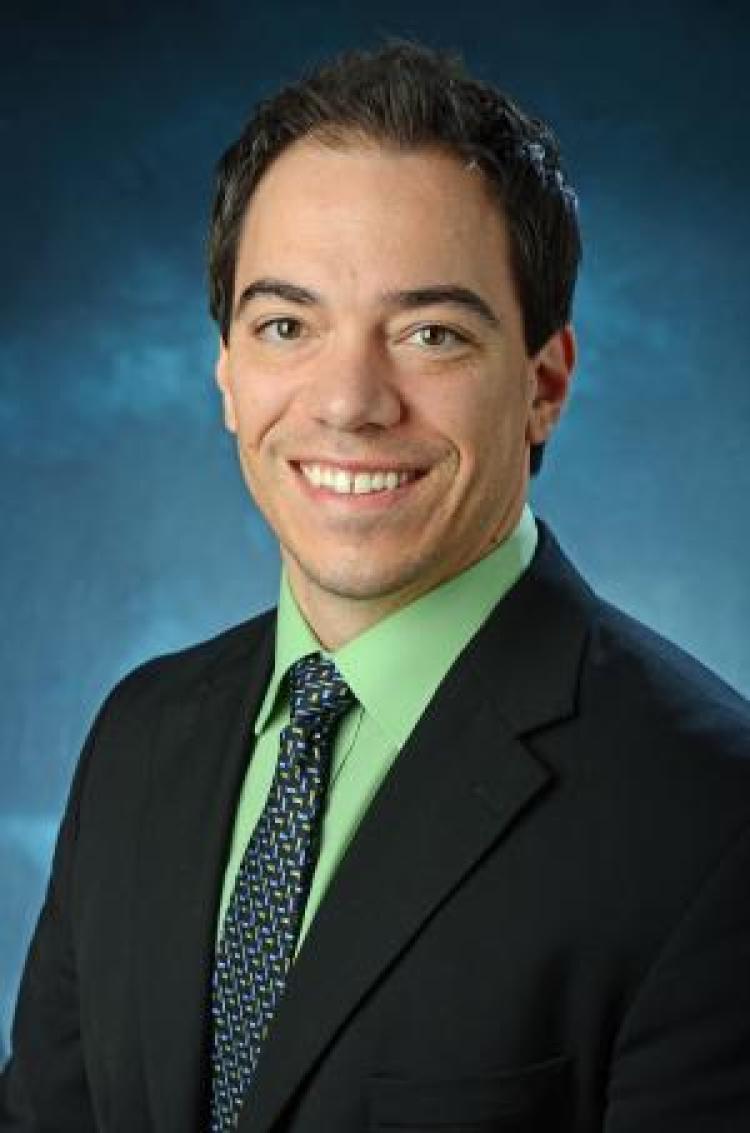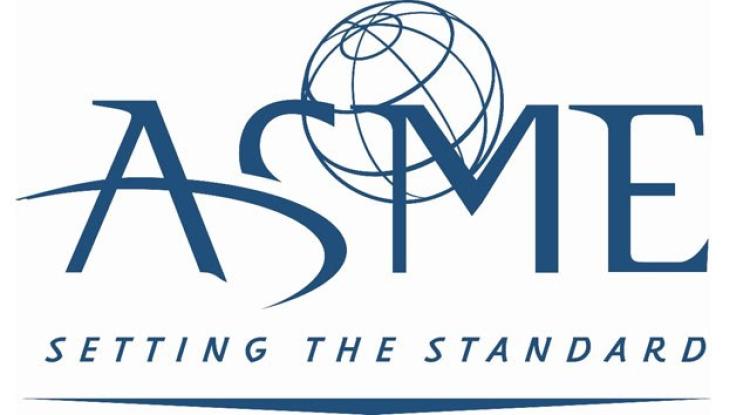Mark Rentschler named ASME Fellow

This distinction is awarded to engineers for outstanding achievements and contributions and has been bestowed upon only 2% of ASME’s 130,000 members. To be named an ASME Fellow, one must be responsible for significant engineering achievements, have one or more years of active practice along with 10 or more years of corporate membership in ASME and must be nominated by at least three ASME members or fellows.
Rentschler, an associate professor, Sylvia Norviel Cancer Research Faculty Fellow, Design Center Colorado Co-Director and Director of Faculty Innovation Ambassadors, is being recognized for his research on medical mechatronics and surgical robotic systems. Dr. Rentschler’s primary research expertise lies in the study of surgical robotics and the impact of tissue-device interaction, in regards to tissue damage and robot mobility. Rentschler’s research has been well received by the scientific community, resulting in over 70 published peer-reviewed journal papers (in both medical and engineering top journals), over 90 conference contributions, over 30 issued patents, and several national and international research awards.
Other ASME Fellows in the Department of Mechanical Engineering include professors Victor Bright, Yung Cheng Lee and Ronggui Yang and emeritus professors Subhendu Datta, Thomas Geers, and Frank Kreith.

About ASME
ASME is a not-for-profit membership organization that enables collaboration, knowledge sharing, career enrichment, and skills development across all engineering disciplines, toward a goal of helping the global engineering community develop solutions to benefit lives and livelihoods. Founded in 1880 by a small group of leading industrialists, ASME has grown through the decades to include more than 130,000 members in 151 countries. Thirty-two thousand of these members are students.
From college students and early-career engineers to project managers, corporate executives, researchers and academic leaders, ASME's members are as diverse as the engineering community itself. ASME serves this wide-ranging technical community through quality programs in continuing education, training and professional development, codes and standards, research, conferences and publications, government relations and other forms of outreach.
(Description from ASME Website)

